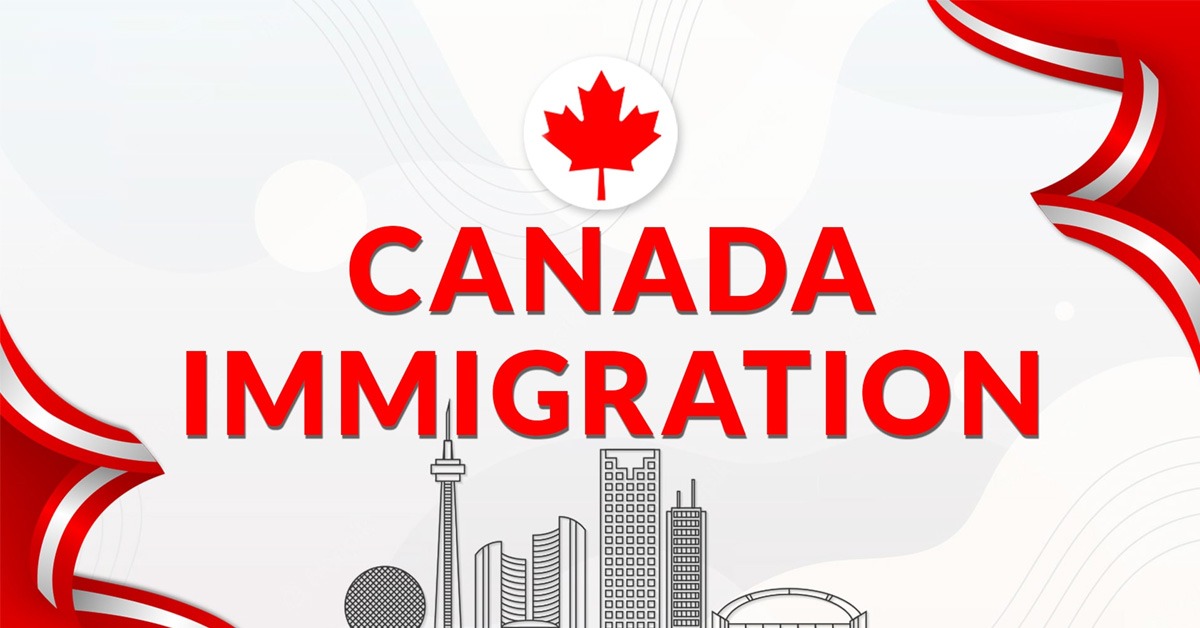The Canadian government outlines prerequisites for those aspiring to Canadian citizenship.
To qualify, individuals must hold permanent resident status, have resided in Canada for at least three of the past five years, fulfill tax obligations if applicable, successfully complete a test on Canadian rights, responsibilities, and knowledge, and demonstrate proficiency in language.
Former Canadian citizens seeking to reclaim their citizenship must adhere to specific procedures and follow the restoration process detailed by Immigration, Refugees and Citizenship Canada (IRCC).
Candidates must pass a citizenship test covering topics such as Canadian citizen rights and responsibilities, as well as Canada’s history, geography, economy, government, laws, and symbols.
Additionally, individuals aged 18 to 54 are required to undergo a language assessment evaluating their ability to engage in everyday conversations, follow simple instructions, and demonstrate basic grammar skills.
This year, Canada is experiencing an unprecedented surge in immigration applications being processed.
Canada’s immigration department has reported processing approximately 4.8 million applications in 2022, nearly double the 2.5 million processed during the same period last year.
According to a statement from Immigration, Refugees and Citizenship Canada (IRCC), the department has reduced its overall inventory by nearly half a million applications since August. Additionally, IRCC noted that they have been continuously elevating processing standards.
This surge in processing is in line with the government’s goal to welcome 1.5 million immigrants by 2025. Canada remains on course to admit 431,000 new permanent residents by the end of 2022.










